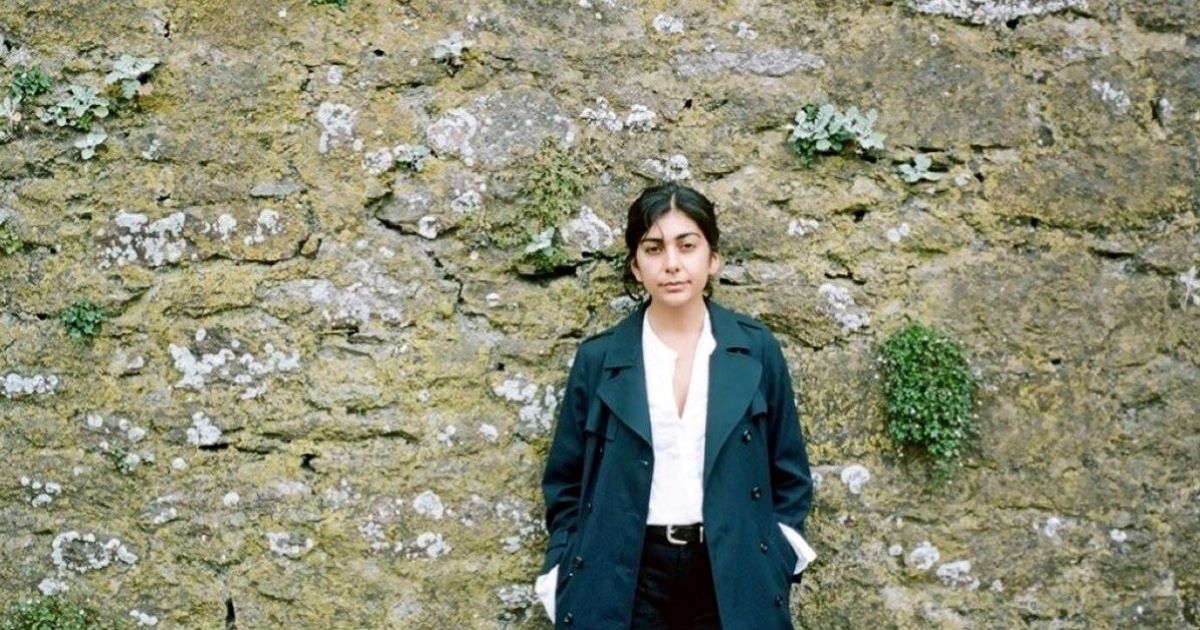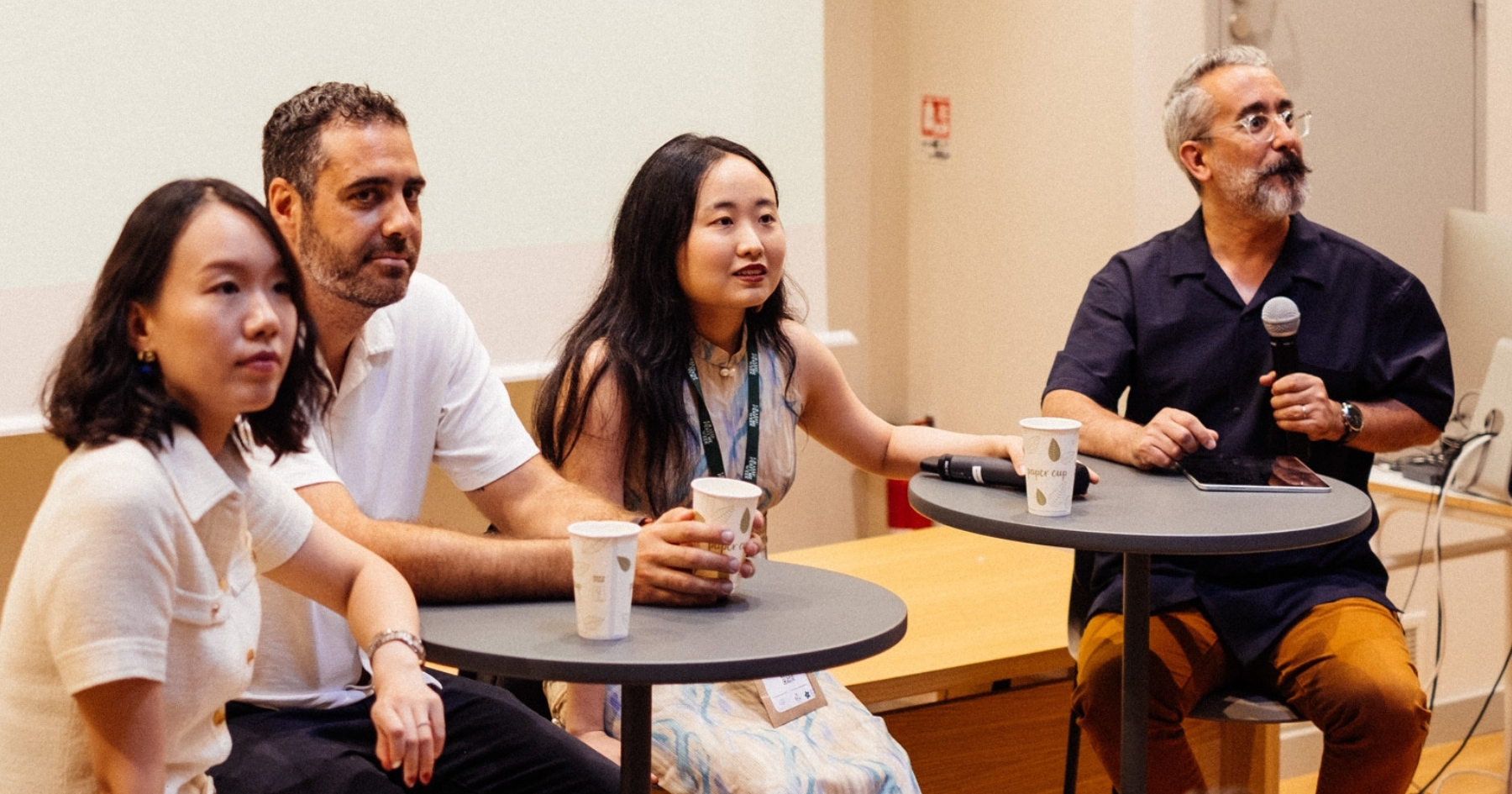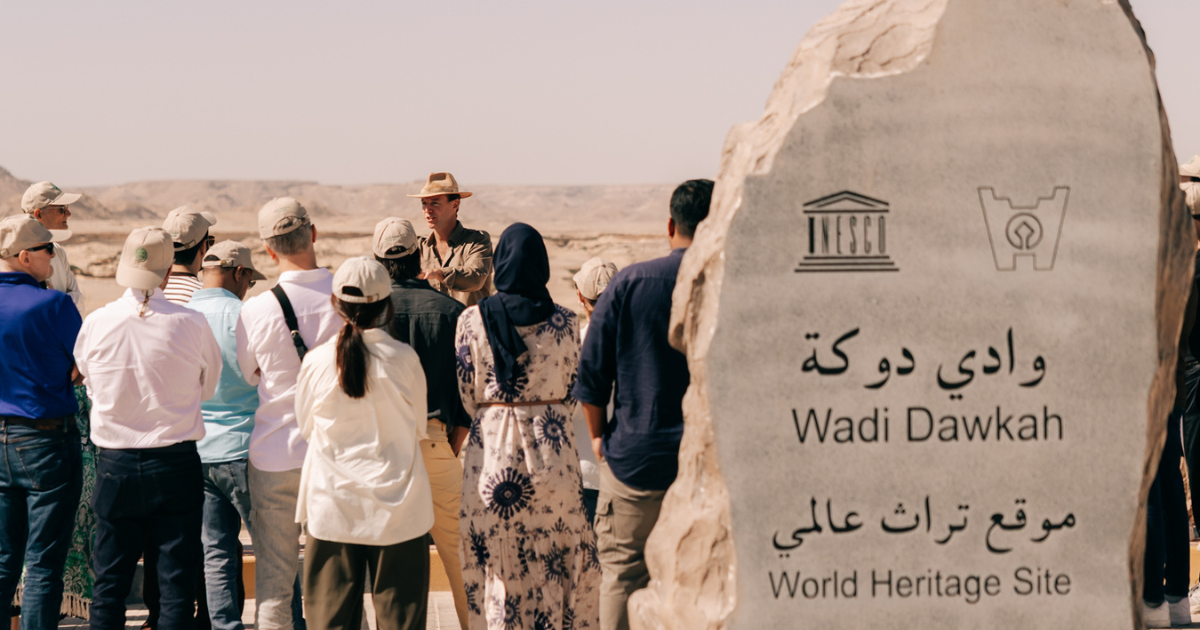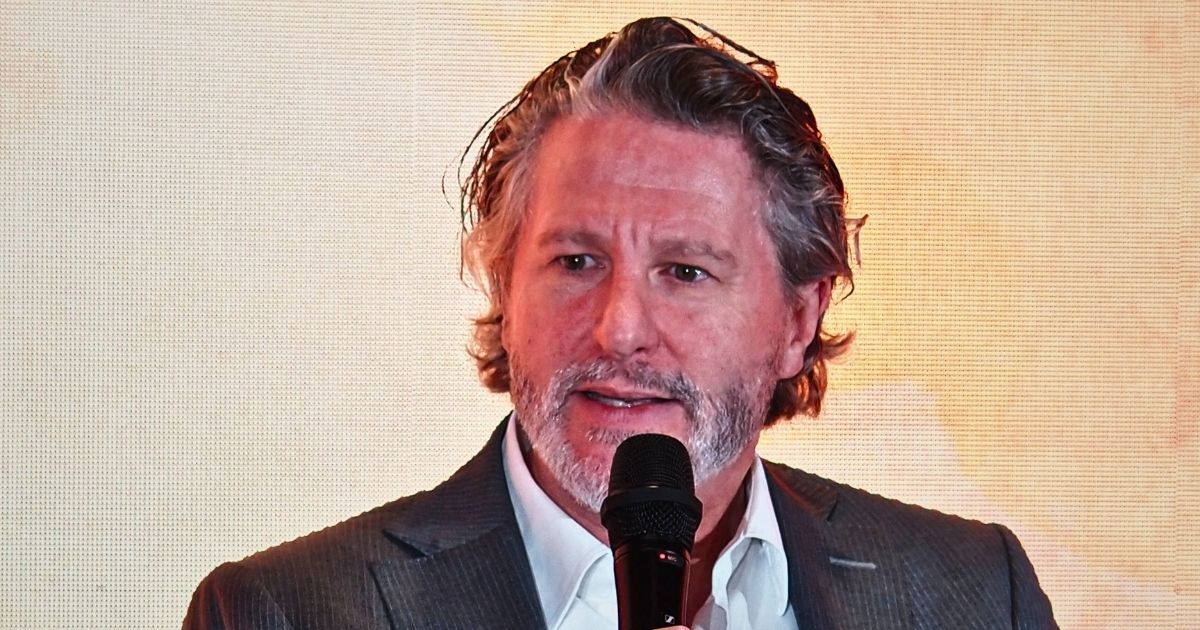Cette publication est également disponible en :
Français
Shabnam Tavakol is a New York City-based independent perfumer who draws her strength from an atypical background. Between her Iranian roots, her time at G.I.P. in Grasse, her Parisian life which saw her develop “poetry and perfume” workshops, she has developed a “bohemian” olfactory identity but also an attention to the dysfunctions of an industry whose limits she has experimented with on several occasions. As her first fragrance, Nostalgia, is revealed, we exchanged about the issues of diversity, equality and inclusivity in perfumery today, following up on the article published in the eleventh issue of Nez “All-inclusive, perfumery confronts inequalities”.
You don’t really have the fairy tale background that magazines like to publish, how did you become an independent?
It’s been a path of ups and downs and extremely opposite experiences, from kind and generous to rude and belittling. My introduction to the industry was actually very promising — the perfumers at Chanel welcomed me with open arms, sharing all the wonderful aspects of their environment, during my apprenticeship with them in Paris. But after moving back to NYC, I was disheartened by the behavior of nearly every house I’ve had interview with. One perfumer told me at an interview, “I just want a set of hands, I have no interest in teaching you about perfumery.” I thought that was hideous, and declined the job opportunity.
A perfumer at another house said to me, “you’re too old to be a perfumer. When I was your age, I owned a house and several cars in the south of France.” I was 28 at the time.
It’s actually less about me and more a reflection of unfortunate aspects in this industry. If, at an interview, the HR or the perfumer asked me to write a formula for an apple or rose accord to determine my suitability for the position — well, I feel like that would be a fair analysis of a prospective hire.
So you don’t regret your choice to become an independent?
I think it came down to a sense of imperative. Don’t get me wrong, I would have loved to work for a house that was compassionate and free-thinking but, unfortunately, we never crossed paths. There came a point where I had to keep my momentum going. I believed in myself and refused to let rejection take me down.
So, I chose to be a free woman. For me, to be an independent perfumer means you get to have total creative control, to touch and shape every aspect of your creation from the formula to final presentation. One of the (many) things that is so important when shaping an initial fragrance concept, for example, is the name. Often times, what I name the scent contributes largely to its personality and identity. At a fragrance house, though, a perfumer may give their creation a name only to hear later from the marketing team that it’s been changed to something that perfumer might despise.
The life of an independent perfumer seems quite busy!
It sure is! You must work ten times harder as an independent perfumer because you don’t have the support of an entire corporate structure beneath you, holding you up, with access to endless materials and departments of specific expertise. To be independent is to prepare and take pride in the risks that come with uncertainty, and to push boundaries.
What is your relationship with the rest of the profession?
Deciding to go independent early in one’s career is extremely risky––all eyes are on you, with the expectation that you’ll likely fail. Established voices in the perfume community discuss whether an independent has enough experience or know-how to properly execute, compose, and distribute. It’s true––with the influx of independent perfumers and brands on the market, it’s difficult to distinguish who is truly skilled and capable of succeeding, and who hides behind fancy packaging, investors, marketing tricks, and pay-offs to influencers.
My decision to be independent has undoubtedly grabbed the attention of my former administration, peers, and mentors. And yet, I feel that everyone I’ve met along my journey is rooting for what I’m doing, and they understand that it’s not just a label I’m creating. In fact, I have many wonderful relationships and deep connections within the community. My approach might be unique, but we all share a similar love, respect, and camaraderie for the craft and one another.
In a way, I sense a sort of moral obligation to continue as an independent to give hope to a new generation of perfumers that may feel lost and discouraged (rightfully so). I’d like to prove to the industry that a more unconventional path and representation of perfumery can be recognized and accepted internationally. I’m not the first to do this, and I certainly will not be the last.
How do you see the new communication trends of big houses like Lancôme whose Idôle has been branded as a perfume conceived by three women?
It’s wonderful to see that corporate companies like Lancôme and many others are changing their marketing and communication to be more inclusive and relevant to the times… but is that always completely genuine? Products are now being communicated to check boxes, with some older / classic products being reframed to fit what people want to hear today. It’s so obvious when a marketing team feels forced to insert a “diverse model” or double down that something is “female produced,” when that consideration wasn’t the case from the start. Ultimately, it comes down to having a good product and being authentic, regardless of the trends.
So yes, in one way it’s great that communications are changing and are becoming more inclusive. But on the flip side, I wonder how long-lasting those changes will be, or if it’s just another marketing ploy to save the asses of the corporate cookie cutter. We shall see.
You seem concerned about diversity and equality issues in the perfume industry, how do you analyse them?
Most certainly there is a problem of diversity, equity, and inclusion in perfumery. It’s not new news that the white French male has predominately been the gatekeeper since the beginning of commercial perfumery. To give credit where it’s due, many of these men are brilliant perfumers, completely deserving, and earned these positions. And, of course, plenty of women do hold senior roles at big perfume houses, but not nearly as many as probably deserve to. There are not enough people of color in high places, that’s for sure. And yet, these inequalities are a much more complicated, systemic problem that can’t be solved by simply looking at the top master perfumers. This issue extends into how and who the products are marketed to, who is representing the brands in advertising, the high cost of products creating a situation of exclusivity that may be inaccessible to certain social classes, etc. The issue is multi-faceted and systemically deeper.
You have been confronted with a somewhat toxic elitism in the industry. Do you feel that the reproduction of inequalities continues today despite the diversity of education?
Again, I’ve experienced both sides of the spectrum–toxic elitism and deep generosity–but ultimately, yes, I feel like elitism has probably played one of the biggest roles in the layered inequalities in perfumery and its academia. Schools and education essentially help democratize society and industries, equipping people with the expertise to participate in the community. Such knowledge is essential towards inclusivity, but unfortunately there’s a lack of schools and accredited education revolving around perfumery. As for the schools that do currently exist––they are very selective, specific, or can only recruit a small number of students per year.
A school like the G.I.P. (Grasse Institute of Perfumery) is a good model of striving towards democratizing the industry, as they strategically choose students from all different olfactory levels, backgrounds, countries, ages, and sexes, resulting in a more accurate cross-section of the population. However, their program is not long enough, it’s just one year and there are only twelve seats, but at least there are no discriminatory factors to being accepted. In other words, there’s a lot to improve upon when it comes to perfumery education.
Do you think things are changing right now in perfumery? What can be done?
I think as an industry and as a world at large, we are being pressed to look at ourselves and our values. In the corporate world, there needs to be more job opportunities created for the number of graduates flooding the industry. A flaw that I see as intrinsic to the current system is that there’s this old-fashioned ladder-climbing aspect that can feel extremely limiting. For example, my own background is considered “too advanced” to be a lab technician at a company, but coming from the outside disqualifies me from taking on a position as a junior perfumer. There are lines of people that have waited for years to get into those slots from within and, unfortunately, most of them succumbed to being a lab tech for 5-10 years just because of the hierarchy. I don’t believe this system is sound. Positions should be earned based on merit and talent, not on how long you’ve paid your dues, or who recommended you, or waiting a lifetime for the senior to retire. There must be a more intelligent and welcoming strategy.
Organizations like SIPC (Société Internationale des Parfumeurs-Créateurs) are working towards standardizing the language around the perfumer’s profession and identifying the needs of trainee perfumers to ultimately make a more inclusive industry from top to bottom. This is a great start. The Institute for Art and Olfaction is similarly geared towards inclusion and advocacy. They are devoted to advancing public access of working with scent through inclusive education, supporting the community of independent perfumery, and bridging the gaps through partnerships. Christophe Laudamiel has recently organized the “Perfumery Code of Ethics” which is a great start to establishing parameters around ethics that are standard in many other industries. Yosh Han of Scent Festival is initiating discussions regarding race and language related to the industry.
There are all sorts of great initiatives like these that are popping up because the underlying issues are finally being recognized and solutions are beginning to be realized and materialized. And yet, there’s so much more that can and needs to be done.
- Kismet Olfactive website : www.kismetolfactive.com
- Follow Shabnam Tavakol on Instagram : @kismet.olfactive
—
“All-inclusive”: Perfumery confronts inequalities – Summary
- Introduction, by Clément Paradis
- Shabnam Tavakol: “There is a problem of diversity, equity, and inclusion in perfumery”
- Shyamala Maisondieu: “I had to make my own voice heard”
- Chantal Artignan: “Our school should not be reserved for a social elite”
- Alessandra Tucci: “If the perfume industry wants to see more diversity in its teams, it can only happen through education”
- Saskia Wilson Brown: ”Only diversity can allow for a living culture“
- Mieke Van de Capelle: “We need to help students who want to pursue a career”








Comments